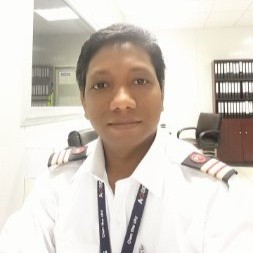
✔ Non-discrimination is the Key, allowing healthy Competition are among basic principles behind such best practices agreements.
✔ This is not the first time , IATA had done this with CFM International to guarantee competition in the CFM engine aftermarkets in 2018.
✔ Aftermarket Best Practices :
👉 OEMs like Rolls-Royce will not prevent the development of legitimate non-OEM parts or non-OEM repairs by MRO providers and independent parts manufacturers, provided process and procedures are approved by the appropriate airworthiness regulator.
👉 Rolls-Royce (Read as OEM) will allow customers like airlines, MROs and lessors non-discriminatory access to OEM parts, repairs and support.
👉 Rolls-Royce (Read as OEM) will not discriminate against airlines, lessors or MRO providers that use non-OEM parts or repairs.
👉 Rolls-Royce (Read as OEM) will not insist that airlines or lessors subscribe to Rolls-Royce services.

✔ Scope or Applicability of the Best Practices !
👉 The Best Practices apply to all Rolls-Royce Civil Large Engines. They apply to Rolls-Royce, Rolls-Royce facilities and policies applied to Rolls-Royce engines.
👉 Rolls-Royce will encourage its joint venture shops and licensees to comply with these Best Practices.
👉 Rolls-Royce will work with joint ventures and licensed MRO shops to identify any perceived conflict with their existing agreements, so that such agreements can be amended to remove any conflicts as soon as reasonably possible.
👉 Pertaining to its agreements with all other Beneficiaries like airlines or operators, if such conflict exists or arises, Rolls-Royce will not exercise the relevant terms of the existing agreements to the extent of that conflict.

✔ Noteworthy – These Best Practices are a statement of policy developed jointly by IATA and R-R, and do not create any legally enforceable obligation by R-R, or grant any right to IATA, its members or any third party.

Author – Tanmay Palei
Sr. Aircraft Structure Engineer
